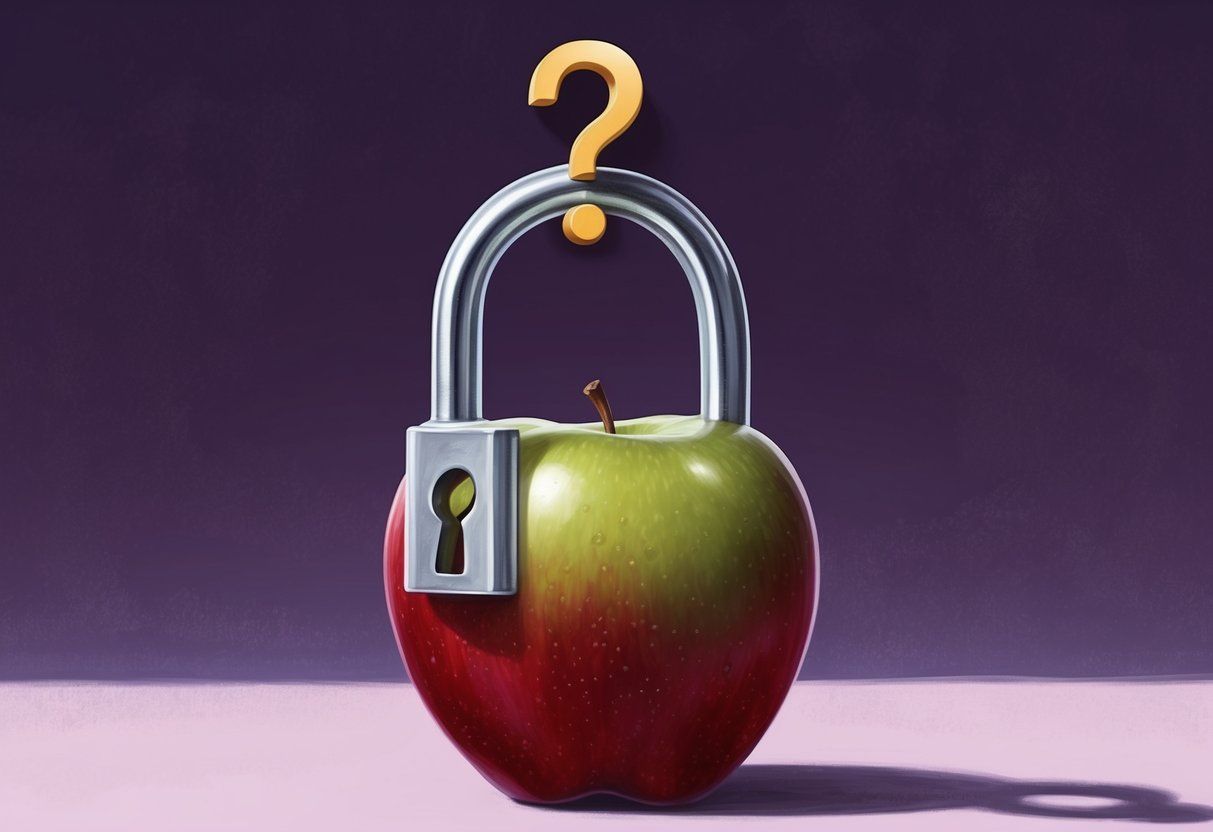UK Apple Encryption Backdoor - Worldwide Implications on Privacy and Security
Current Privacy Battle

The UK government ordered Apple to create a global encryption backdoor that would give access to all users’ iCloud data worldwide. This marks a major shift in the ongoing debate between tech companies and governments over encryption and privacy rights.
British officials demanded access through a technical capability notice under the Investigatory Powers Act, also known as the Snoopers’ Charter. This law gives UK authorities power to compel tech companies to assist with data collection.
Apple’s Advanced Data Protection offers end-to-end encryption for iCloud storage, meaning only users can unlock their data. The company began offering this feature in 2022 after initial delays due to FBI concerns. Many iPhone and Mac users have not enabled this optional security feature.
Law enforcement groups raise several key concerns:
- Encrypted services can shield criminal activity
- Child abuse investigations become more difficult
- Terrorist communications may go undetected
Tech companies defend strong encryption because:
- It protects user privacy rights
- Backdoors create security vulnerabilities
- Bad actors could exploit weaknesses
- Authoritarian regimes may abuse access
Several messaging services use end-to-end encryption:
- Signal
- Facebook Messenger
- Apple iMessage
- FaceTime
The UK order would affect users globally , not just in Britain. Apple faces difficult choices:
- Create the demanded backdoor
- Stop offering encrypted storage in the UK
- Fight the order through legal channels
The outcome could set major precedents. If the UK gains access, other nations may demand similar capabilities. This could lead tech companies to withdraw encrypted services rather than compromise security.
Google’s Android phones have encrypted backups by default since 2018. Meta offers encrypted WhatsApp backups. Both companies maintain strong stances against implementing backdoors.
Apple previously resisted government pressure in 2016 by refusing to unlock a terrorist’s iPhone. The company promotes privacy as a key selling point for its devices. They delayed scanning user devices for illegal content after privacy experts raised concerns.
The European Court of Human Rights ruled that requiring companies to weaken encryption for all users violates privacy rights. This adds legal complexity to the UK’s demands.
The tech industry faces mounting pressure worldwide to balance user privacy with law enforcement needs. This case represents a critical test of encryption rights in democratic societies.
Privacy and Security Questions About UK’s Apple Encryption Request

Safety Risks of Creating UK Law Enforcement Access to Encrypted Data
A government-mandated encryption backdoor raises serious security concerns:
- Weakened protection against cybercriminals
- Increased risk of data breaches
- Potential exploitation by malicious actors
- Compromised security for all users globally
Apple’s Position on Privacy Protection and Security Standards
Apple maintains strict data protection practices:
- End-to-end encryption of user data
- No built-in backdoors or access points
- Strong commitment to user privacy
- Regular security updates and improvements
UK Legal Framework for Government Access to Encrypted Content
The UK government has:
- Existing powers under investigatory laws
- Limited access to encrypted communications
- Requirements for court orders
- Specific rules about data collection
National Security Considerations Around Encryption Access
Benefits:
- Faster criminal investigations
- Better monitoring of threats
- Improved evidence gathering
Risks:
- Weakened cybersecurity
- Vulnerability to foreign attacks
- Compromised critical infrastructure
Government and Tech Industry Relations on Data Access
The UK’s demand for blanket access creates tension:
- Strained public-private partnerships
- Disagreements over privacy rights
- Challenges to business operations
- Impact on international trade relations
Impact on Consumer Trust in Digital Services
Government surveillance demands affect user confidence:
- Reduced trust in tech products
- Privacy concerns among customers
- Questions about data protection
- Shifting consumer behaviors
Building better solutions for better business®




